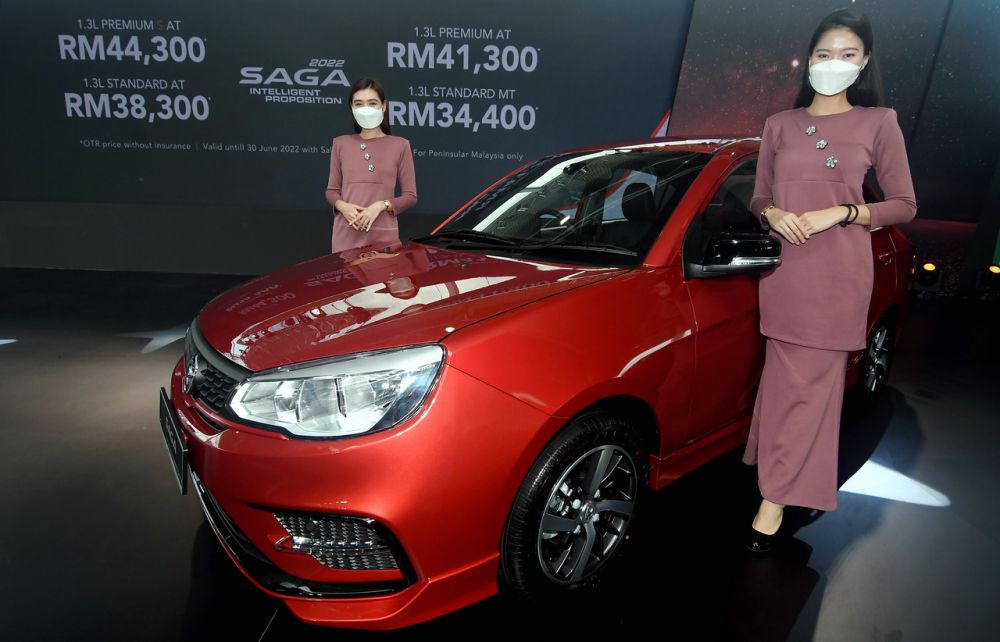MEXICO CITY, July 4 — Luxury car maker BMW revealed a US$1 billion (RM3.2 billion) Mexican plant investment yesterday, becoming the latest major automaker to take advantage of the country’s growing industrial base and tariff-free access to the US market.
BMW outlined plans to build a factory in the central Mexican city of San Luis Potosi, reducing the German company’s dependence on higher-cost plants at home.
The plant would begin assembling models in 2019 with an initial workforce of 1,500 and annual production capacity of 150,000 vehicles, the company said.
“Mexico is an ideal location for the BMW Group,” production chief Harald Krueger said in a statement. “We are continuing our strategy of ‘production follows the market’.”
Germany’s luxury car makers — BMW, Audi and Mercedes-Benz — are expanding overseas as their domestic plants struggle to meet strong demand for new vehicle offerings in the United States and Asia.
“With this investment, Mexico is stepping up to premium-level production of global vehicles,” Mexican Economy Minister Ildefonso Guajardo said as the plant was announced.
BMW did not reveal what type of vehicle it would build, and a spokeswoman for the company said no decision had been made. But several Mexican and European officials at the presentation said they believed the plant would produce 3 Series cars.
“At some point I heard that they were talking about the 3 Series,” Guajardo told reporters after the event. “But I don’t have the official confirmation.”
Guajardo added that at least one other big auto investment would be announced this summer but did not elaborate. Reuters reported last month that Kia Motors Corp planned to break ground soon on a new plant in Mexico.
Mexico’s auto sector is gaining critical mass as more global brands open production lines, boosting the supplier network.
BMW’s move comes days after Daimler announced new Mercedes production in Mexico with partner Nissan Motor Co Ltd, which already operates two plants in the country where it had recently increased capacity.
“The premium brands are finally realising that Mexico has the capacity to build signature vehicles,” IHS Automotive analyst Guido Vildozo said.
“We are going to see all these plants starting with one or two products at the very beginning, but they will gradually become critical pillars of profitability for the premium manufacturers,” he added.

Mexico benefits from tariff-free exports to the United States as well as Europe, while its factories are beyond the reach of the United Auto Workers union, which has been struggling to boost its influence in the US South.
BMW’s investment comes amid a domestic industrial cost review that has some German unions worried about their longer-term outlook, as the company reduces reliance on sluggish European markets that still account for 44 per cent of sales.
The plant also increases BMW’s bet on the United States, which is the world’s largest luxury-car market along with China.
In March, BMW announced a US$1 billion investment to expand capacity by 50 per cent at its plant in Spartanburg, South Carolina, where it builds a range of sport utility vehicles. — Reuters






















